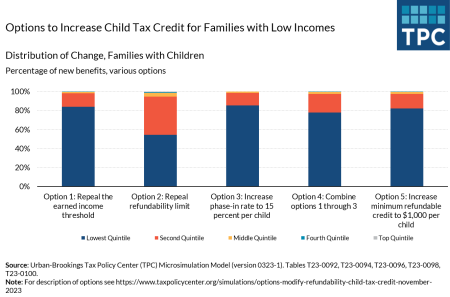Approximately 95% of married couples file joint tax returns. There is a strong knee-jerk reaction to file jointly, and tax return preparers may assume that’s what you want because most people do. Yet that simple step makes each spouse liable for everything on the return–and anything that might not be on the return.
Joint filing can be more convenient, and can usually save you money compared to separate filings. However, a joint tax return means that both spouses are on the hook for any mistakes. You may have heard that if you get into hot water over something your spouse did—perhaps you didn’t know your spouse was gambling or hiding income—you can claim ‘innocent spouse’ treatment. It is true that in some cases, you may be able to claim innocent spouse relief.
However, there are numerous hurdles and limitations, and getting innocent spouse relief is often fraught with problems and risks. You can avoid the issue entirely by simply filing taxes separately. Although separate tax filings and separate finances do not always go hand in hand, they work best in concert. So computing your taxes both ways—the total due under joint and under separate—is worth doing to compare.
What if you learn that your spouse had unreported income? If you filed jointly, you are on the hook too, and for 100%, not just for half. This problem can be worse than you might think. The issue is biggest for couples with sizable assets, especially where one or both face business or tax risks. Plus, there is always that looming “you never told me” kind of problem. If one spouse has current or past legal, tax or credit problems, separate filings can save you headaches.
That’s true with couples who have separate property too. If one spouse comes into the marriage with many assets and with a prenuptial agreement, separate tax filings help keep things separate. If divorce is on the horizon, that is another good reason to file separately.
Couples should think about this carefully. There is increasing evidence that filing jointly without careful thought can be shortsighted. Newly marrieds, old married couples, and same sex couples who may have an opportunity to file jointly for the first time may now be rethinking whether it’s such a good deal.
There are actually five filing choices: Single, Married Filing Jointly, Married Filing Separately, Head of Household and Qualifying Widow(er) with Dependent Child. Head of Household status may be the one most often claimed in error. The IRS wants you to choose the right filing status, and some of the rules are rigid.
Your marital status on the last day of the year determines your marital status for the entire year. So to be eligible to file a married filing joint return, you must be married on December 31st. If you are legally separated under state law you can file single. Of course, if you are legally divorced you can also file single. But if you are still married on December 31st and not legally separated, you’ll need to file married (presumably filing separate), not single.
If more than one filing status applies, you can pick the one giving you the lowest tax. You and your spouse may pay lower taxes by filing married filing jointly. But sometimes even if you would pay less that way, it is worth considering filing separately.
Head of Household status generally applies to taxpayers who are unmarried. You must also have paid more than half the cost of maintaining a home for yourself and a qualifying person.
Most people do not devote any thought to their filing status. That can be a mistake. Run the numbers both ways and consider if joint or separate returns are better for you. Don’t merely consider the marginal tax dollars. Even if you’ll pay less by filing jointly, weigh the pros and cons. It can be worthwhile to keep returns separate, especially if one spouse has past credit, tax or legal problems or any of these problems seem likely in the future.
Separate filings help keep assets from being co-mingled too, which can make divorce less consequential. Avoid the automatic joint filing reaction, and think through what is best for you.
Read the full article here









